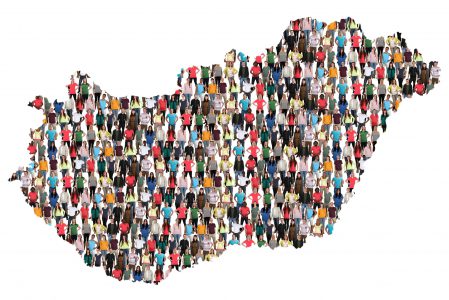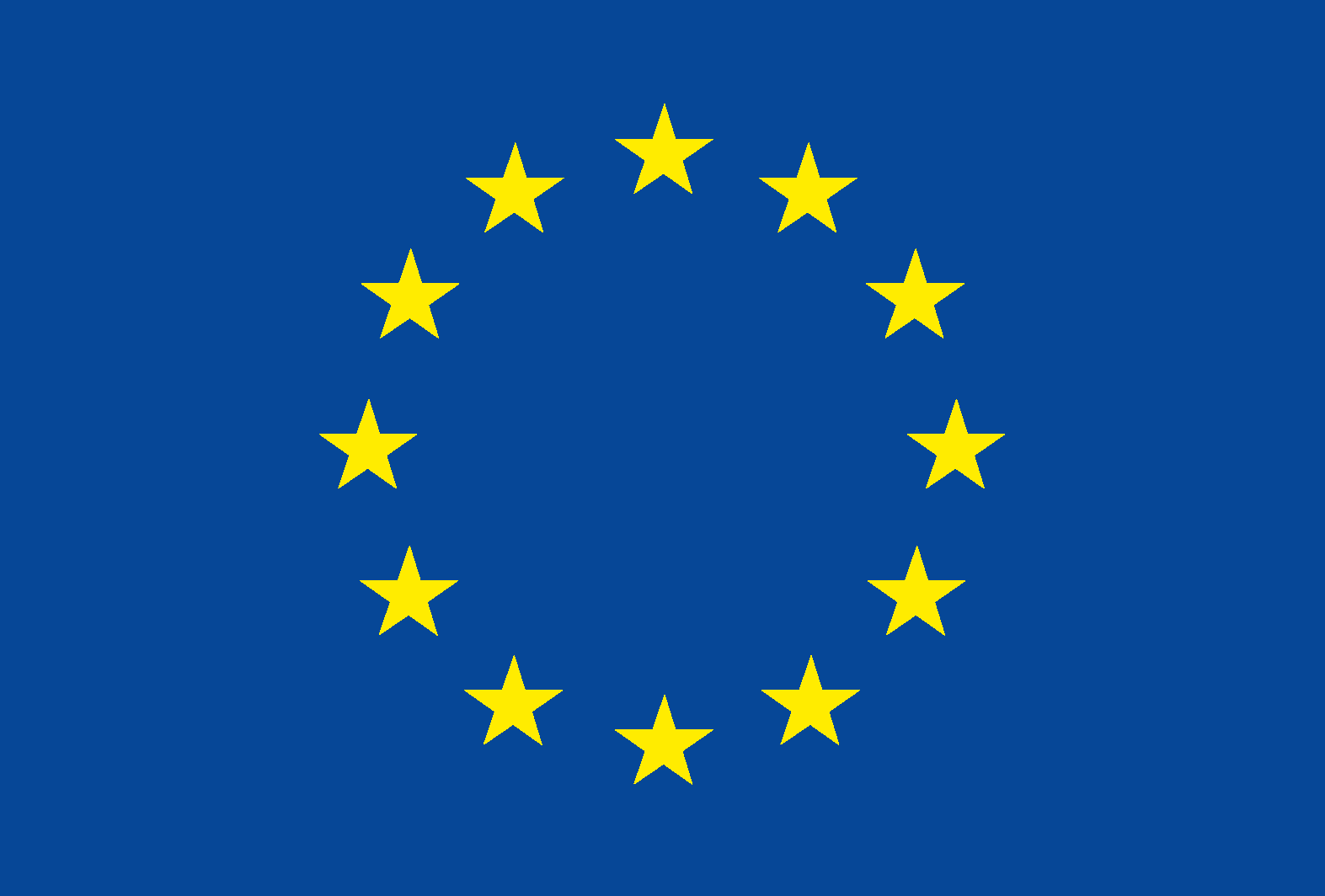Within the framework of the EUROSHIP project, TÁRKI hosted the 2nd meeting with the participation of the National Stakeholder Committee members, consisting of nongovernmental organizations whose activities focus on providing help to vulnerable social groups. The hybrid meeting took place at the TÁRKI office on November 10, 2021, with participants including Kinga Joó from the National Association of Large Families in Hungary (Nagycsaládosok Országos Egyesülete), Ákos Pordán from the Hand in Hand Foundation (Kézenfogva Alapítvány) promoting the rights and situation of disabled people, Ádám Rozgonyi-Horváth from the Hungarian Charity Service of the Order of Malta (Máltai Szeretetszolgálat), as well as Anikó Bernát, András Gábos, Zsófia Tomka and István György Tóth from TÁRKI.
The first part of the meeting included the presentation of the project’s outcomes in which TÁRKI has been involved. After a short reminder on the overall project background, papers prepared within WP3 on social citizenship-based indicator development were introduced, including deliverables D3.1 (State-of-the-art review of indicators and data on poverty and social exclusion, with UNIFI) and D3.3 (Alternative approaches to the study of poverty and social exclusion in Europe, also with UNIFI) by András Gábos, as well as deliverable D3.2 (Diversity and change in citizenship: mapping poverty in Europe), jointly presented by András Gábos and István György Tóth. Anikó Bernát presented on the life-course interviews, highlighting some methodological notes and preliminary findings based on the 30 interviews completed by the TÁRKI team.
Following these presentations, stakeholders raised questions regarding definitions and methodologies used in the analysis, as well as on experiences of the life-course interviews and difficulties we met during the process. Specifically, they were interested in how the interviewees understood the notion of social citizenship and they shared their experiences on how they struggle with translating and explaining this notion to their clients, as the term “social citizenship” has already not rooted in the Hungarian language and the public discourse.
As a final part of the schedule, a preliminary discussion of the organisation of focus forums was put on the agenda. The timing, the methodology of the event and possible topics were considered. It was agreed that, once the topic guide is ready, the list of participant stakeholders will be prepared jointly by the TÁRKI team and the NSC members.


